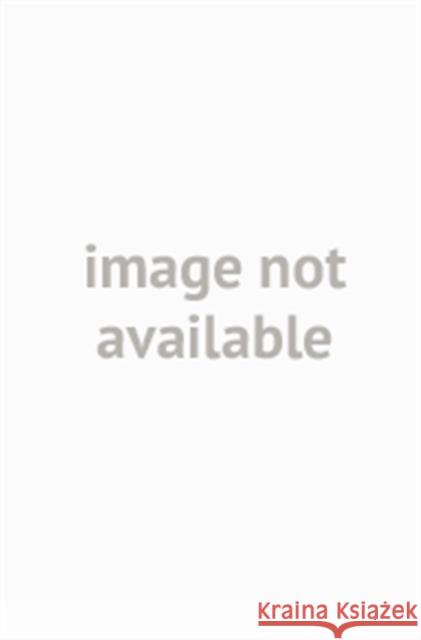Ted Hughes: Alternative Horizons » książka
Ted Hughes: Alternative Horizons
ISBN-13: 9789026519734 / Angielski / Twarda / 2005 / 184 str.
This is the first collection of essays to be published since the poet's death. Continuing a tradition of more than thirty years of Ted Hughes studies, it gathers contributions by most of the major international Hughes scholars, voicing their critical preoccupations at the turn of the century.
Over the years, academic criticism on the poetry of Ted Hughes has established some well-trodden paths, which this collection still strongly reflects, however, the productions of the latter Hughes, in poetry as well as in criticism, demand a revisiting of the critical discourse on his work. The biographical dimension, for instance, has gradually gathered momentum, and it is no longer possible to study the work of Ted Hughes without due reference to the life and work of Sylvia Plath. This book is, nonetheless, also motivated by the wish to bring some fresh blood to the Hughes studies by politely rocking the boat of a rather comfortably established critical reception that has prided itself on being the mouthpiece of the poet's own ideological discourse. For this reason, some of the chapters in this collection belong to a continental European tradition that is resolutely foreign to the former partisanships. For all that, Ted Hughes: Alternative Horizons suggests that steering clear of the polemical ruts dug by fans and detractors alike can only benefit the future of scholarly studies devoted to a great poet.
This is the first collection of essays to be published since the poet's death. Continuing a tradition of more than thirty years of Ted Hughes studies, it gathers contributions by most of the major international Hughes scholars, voicing their critical preoccupations at the turn of the century.
Over the years, academic criticism on the poetry of Ted Hughes has established some well-trodden paths, which this collection still strongly reflects, however, the productions of the latter Hughes, in poetry as well as in criticism, demand a revisiting of the critical discourse on his work. The biographical dimension, for instance, has gradually gathered momentum, and it is no longer possible to study the work of Ted Hughes without due reference to the life and work of Sylvia Plath. This book is, nonetheless, also motivated by the wish to bring some fresh blood to the Hughes studies by politely rocking the boat of a rather comfortably established critical reception that has prided itself on being the mouthpiece of the poet's own ideological discourse. For this reason, some of the chapters in this collection belong to a continental European tradition that is resolutely foreign to the former partisanships. For all that, Ted Hughes: Alternative Horizons suggests that steering clear of the polemical ruts dug by fans and detractors alike can only benefit the future of scholarly studies devoted to a great poet.











